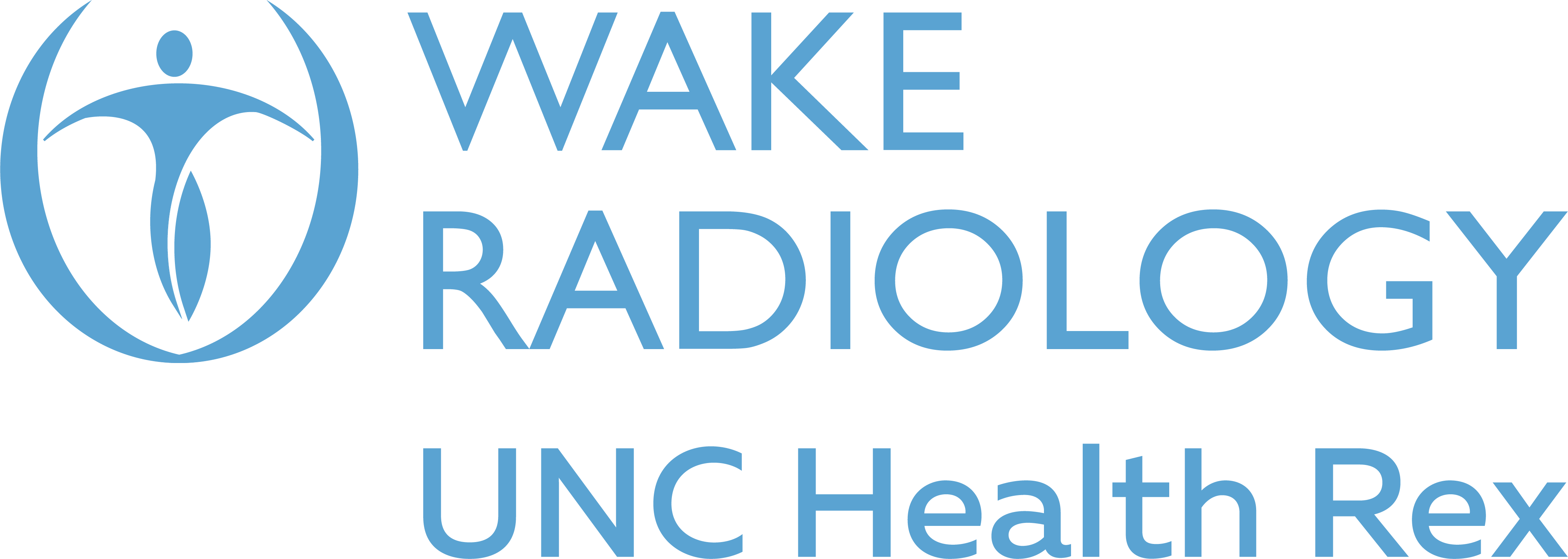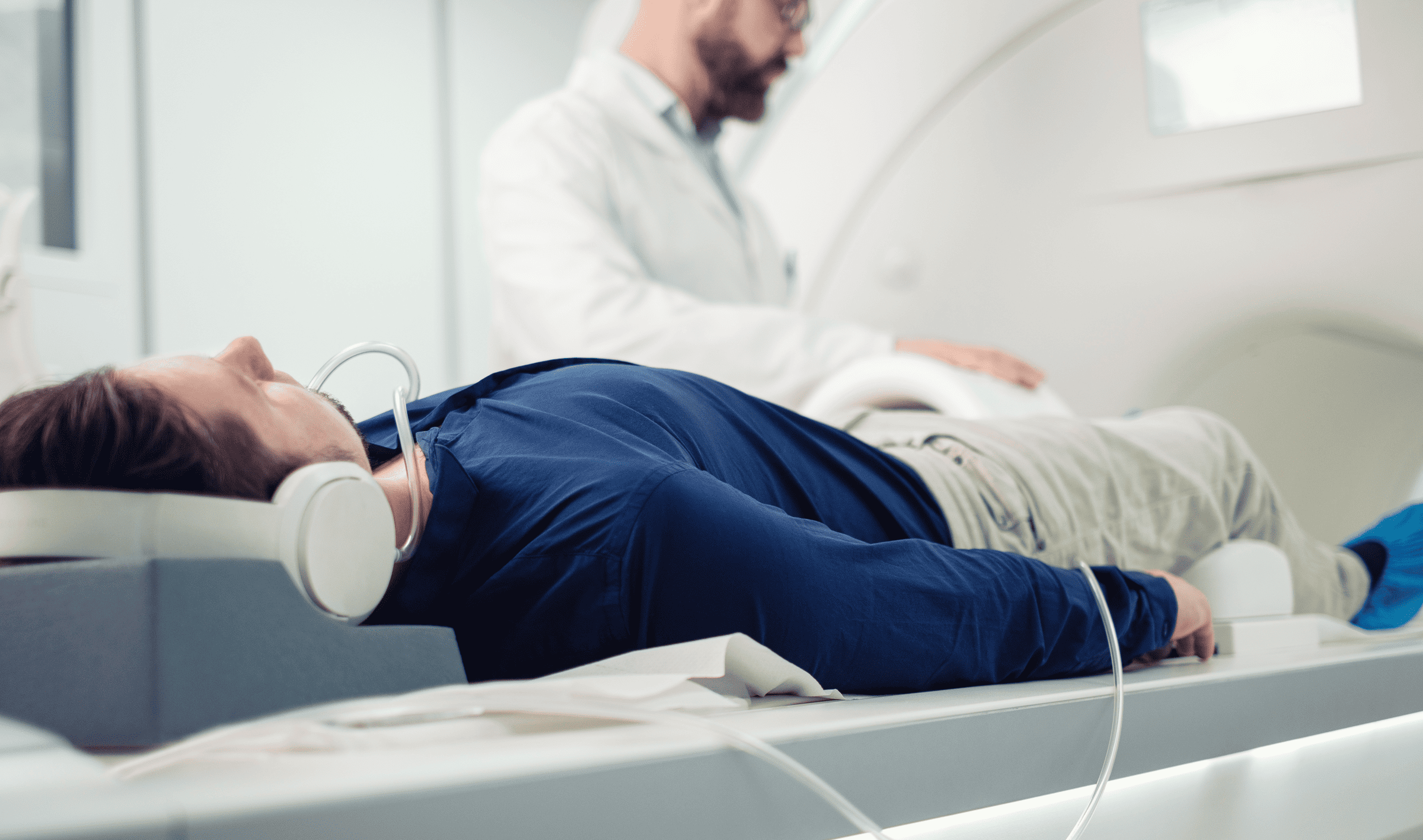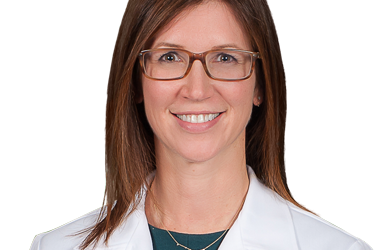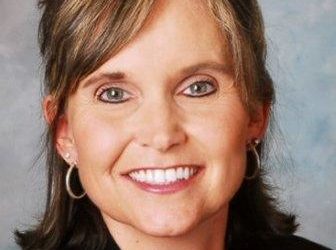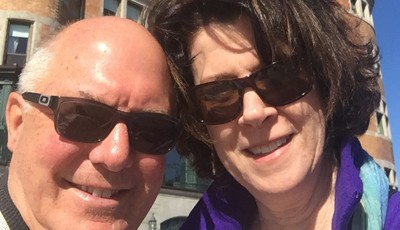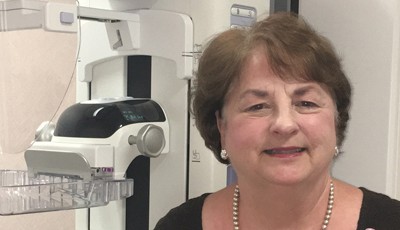News and Insights
Other News & Insights
What Does It Really Mean to Have Dense Breasts?
Learning that you have dense breast tissue can be confusing. From questions about how it’s related to breast cancer to what it means for your long-term health, it’s important for women to understand breast density. Dr. Kerry Chandler explains what women need to know.
Abbreviated Breast MRI
Abbreviated Breast MRI (Fast Breast) is a breast cancer screening tool available to women who have an average risk of breast cancer or who have dense breasts.
How Does Aging Change Your Breast Density?
One out of every two women age 40 and over has dense breast tissue and all women experience changes in their breast density as they get older. Learn how that impacts breast cancer detection.
Wake Radiology Supports New Breast Cancer Screening Guidelines
New breast cancer screening guidelines outlined by the American College of Radiology (ACR) and the Society of Breast Imaging (SBI) call for risk assessments beginning at age 30 for all women and detail specific instructions for African American women who are at an increase risk of mortality from breast cancer.
What is the role of breast ultrasound?
Breast ultrasound shouldn’t replace your mammogram, but it does provide additional diagnostic information, especially if there’s an area of concern. Learn more about the role of breast ultrasound from Dr. Susan Kennedy, one of our breast imaging radiologists.
Why Risk Matters: Updated Breast Cancer Screening Guidelines
It’s important to understand your risk for breast cancer. The new guidelines announced earlier this year, Dr. Danielle Wellman helps explain when women should have their first mammogram, how often they should be screened, and what do to do if they are considered to have a higher risk for breast cancer.
Mammography vs. Thermography: Which is better at detecting breast cancer?
Every couple of years, there’s an increased interest in breast thermography and how it compares to mammography in detecting breast cancer. The co-director of Wake Radiology’s Breast Imaging team shares important information, scientific data and our practice’s position on thermography.
Why Do We Send a Brochure About Breast Density With Your Mammogram Results?
After a screening mammogram, we understand that our patients simply want to know the results of their screening. Many patients are surprised when their mammography report is accompanied by information about breast density. Dr. Kerry Chandler explains why we send the letter and what it means about your breast health.
The Facts about 40
Wake Radiology recommends mammograms starting at age 40. High-quality, annual 3D mammography remains a woman’s best option for early breast cancer detection. Long-term follow up in multiple studies have shown an 18-29% reduction in breast cancer mortality when annual...
Common Questions After A Screening Mammogram
You went, not you’ve got questions. Our mammography technologists and breast imaging radiologist address common questions women have AFTER a screening mammogram.
Donna Parker: Finding the Right Care Team for You
Getting a mammogram, no matter if it’s your first or your fifteenth, can be somewhat nerve racking. This was the case for Donna Parker, a Mebane native who recently switched to Wake Radiology for her yearly mammogram. Although she had never had a poor experience at her previous providers, something just clicked when she arrived at Wake Radiology.
Going The Extra Mile: Kay Casper’s Story
A breast cancer diagnosis can leave a woman feeling defeated and hopeless. Family and friends rally support and offer to help — and that means the world. But, compassionate, respectful care from from your healthcare team can be a source of unexpected strength. Read Kay Casper’s story about how a dedicated care team directly impacted how she was able to fight this disease.
How 3D Mammography Changed My Life
As a retired school teacher of 40 years, Gail Woolard knows the importance of following directions. When it comes to her health, she listens to the recommended guidelines to receive a yearly mammogram, starting at the age of 40. Following these directions — year in and year out — not only gave Gail peace of mind, but it may have saved her life.
Why Is Compression Important During a Mammogram?
There are a lot of reasons women put off having their annual screening mammogram. One reason we routinely hear is that many patients find the compression uncomfortable or even painful. So why is it important? Why is compression necessary during a mammogram?...
